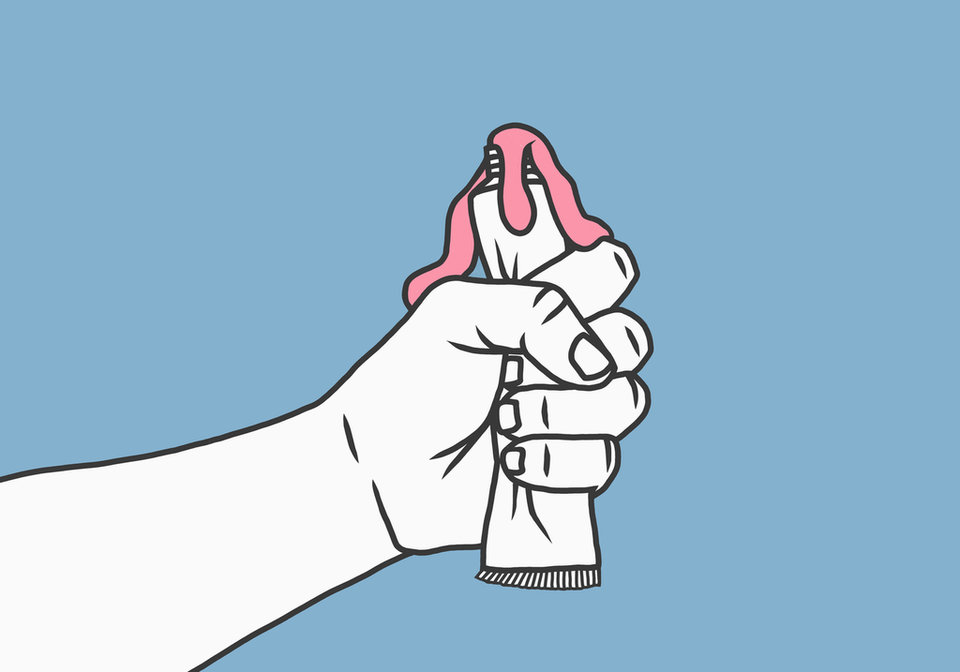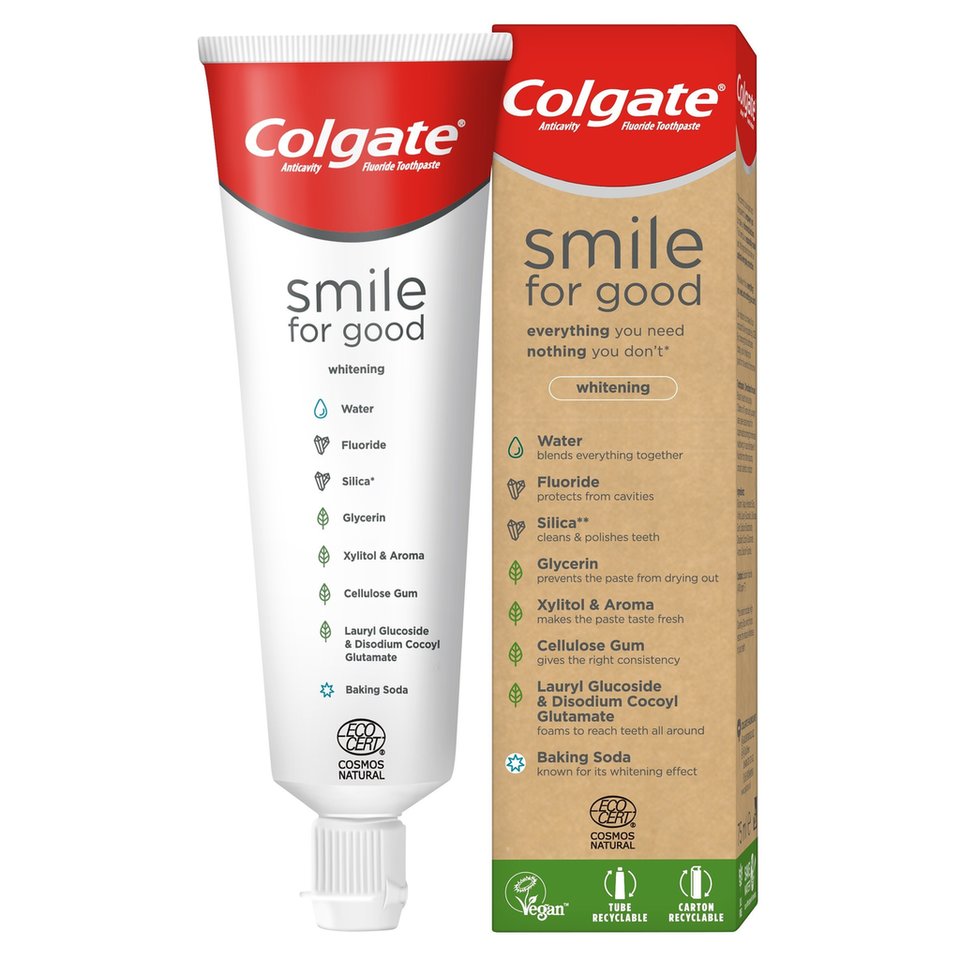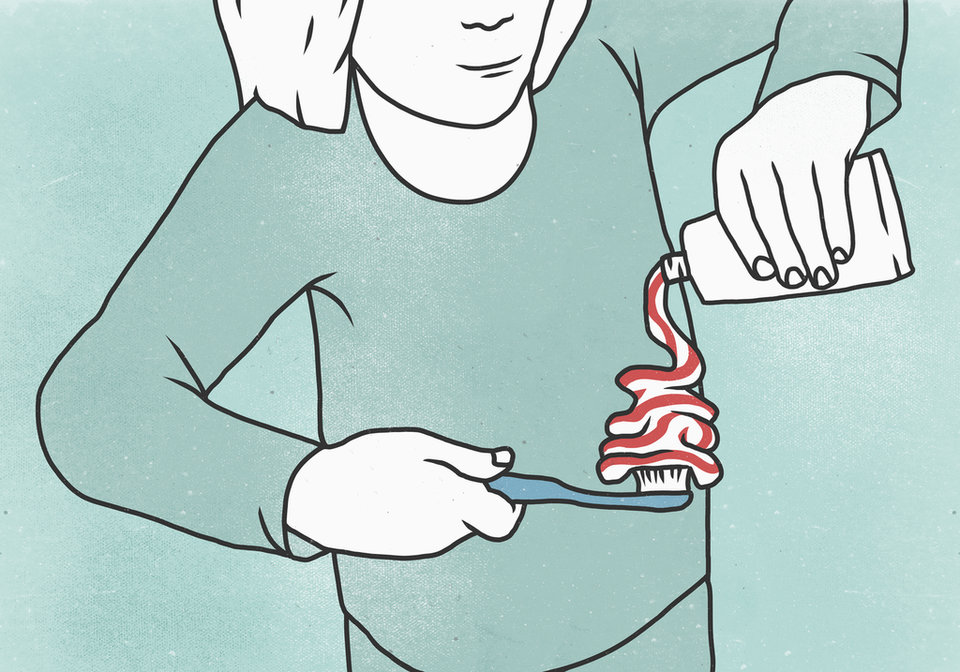Design
Toothpaste packaging brushes up on sustainability
Toothpaste is an everyday essential commonly packaged in plastic tubes. However, every year, around 300 million tubes of toothpaste are used and discarded in the UK alone. Jessica Paige investigates the sustainability challenges that toothpaste packaging manufacturers face and how these problems can be overcome.

Toothpaste tubes are notorious for being hard to recycle, due to many manufacturers designing the tubes using non-recyclable plastic with a metal lining used to keep the toothpaste fresh – materials that are hard to separate. Because of these recycling challenges, toothpaste tubes are known to end up in landfill.
On average, toothpaste tubes made using plastic and metal will take around 500 years to biodegrade in landfill. This environmental damage is heightened by the process of manufacturing the plastic for the tubes.
The most eco-friendly solution then, is to have toothpaste packaging in tubes made of more sustainable materials, but is this a viable solution?
Colgate makes fully recyclable toothpaste tube
In 2014, Colgate announced its aim for all packaging to be recyclable for products in its pet nutrition, home care, and personal care categories by 2020.
In 2019, Colgate announced that a recyclable toothpaste tube was under development, which was subsequently released at the beginning of 2020. Colgate said that this packaging was “five years in the making”.
The ‘Smile for Good’ toothpaste tube is made from high-density polyethylene (HDPE) and was made because Colgate “wants to make tubes a part of the circular economy, by keeping this plastic productive and eliminating waste” according to Colgate-Palmolive's chief executive Noel Wallace.
At first, Colgate encountered challenges in making a recyclable toothpaste tube that was also functional. The company says that it was difficult to make the tube squeezable using recyclable plastic but that there was “a eureka moment” after compiling several grades of HDPE.
Colgate has decided not to patent the new packaging technology, stating on its website that: “The project isn’t about us, it’s about something bigger. By sharing our technology, hopefully, we can initiate a global shift to recyclable toothpaste tubes.”

Colgate has launched ‘Smile For Good’, a toothpaste in a fully-recyclable tube
Unilever aims for 100% recyclable tubes
Colgate isn’t the only brand of toothpaste committed to turning toothpaste tubes recyclable.
In May, UK-based multinational consumer goods company Unilever announced that it aims to convert its entire toothpaste portfolio – which includes Signal and Pepsodent – to fully recyclable toothpaste tubes by 2025.
The company is developing new packaging by partnering with several packaging manufacturers, including EPL, Amcor, and Huhtamaki. The first sustainable tube is estimated to roll out later this year, starting in France and India, made mostly from HDPE.
Unilever R&D oral care packaging director Babu Cherian says that these tubes “mark a key milestone in our packaging journey and, more significantly, have the potential to transform the whole oral care industry”.
The correct way to recycle
With toothpaste tubes now being made of recyclable material, the next step is to recycle the packaging correctly, and there are many companies and waste management services out there ready to help the industry.
One example of such a company is TerraCycle, a recycling business headquartered in America with services also offered globally.
TerraCycle’s main aim is to eliminate waste, and already major toothpaste manufacturers have partnered with the company to meet sustainability goals.
Consumers who sign up with TerraCycle can drop off Oracle brand care products and packaging in any of the 742 drop-off points across the UK, where the products will be collected and separated by polymer type, cleaned, and then extruded into plastic pellets in order to make new recycled products.
The programme offers ‘TerraCycle points’, credited to the accounts of public drop-off location administrators and private collectors, which can then be redeemed through the TerraCycle website. Each point is worth £0.01 and redemptions will be donated to a charity or school of choice.
By offering a reward system, TerraCycle incentives customers to recycle, thereby overcoming the first obstacle in the recycling process.

How can toothpaste brands improve their recyclability?
Colgate and Unilever are two companies paving the way for toothpaste packaging sustainability and other brands could learn from their example.
The first step is to make sure to have a thorough sustainability plan and goal and that efforts are being made to reach this goal, such as through partnering with companies like TerraCycle or working on research and development.
Material selection is the first challenge and companies need to also be looking long term to packaging aftercare. How can their product be recycled?
It’s through thinking on questions like this that toothpaste packaging companies can begin to overcome sustainability challenges.